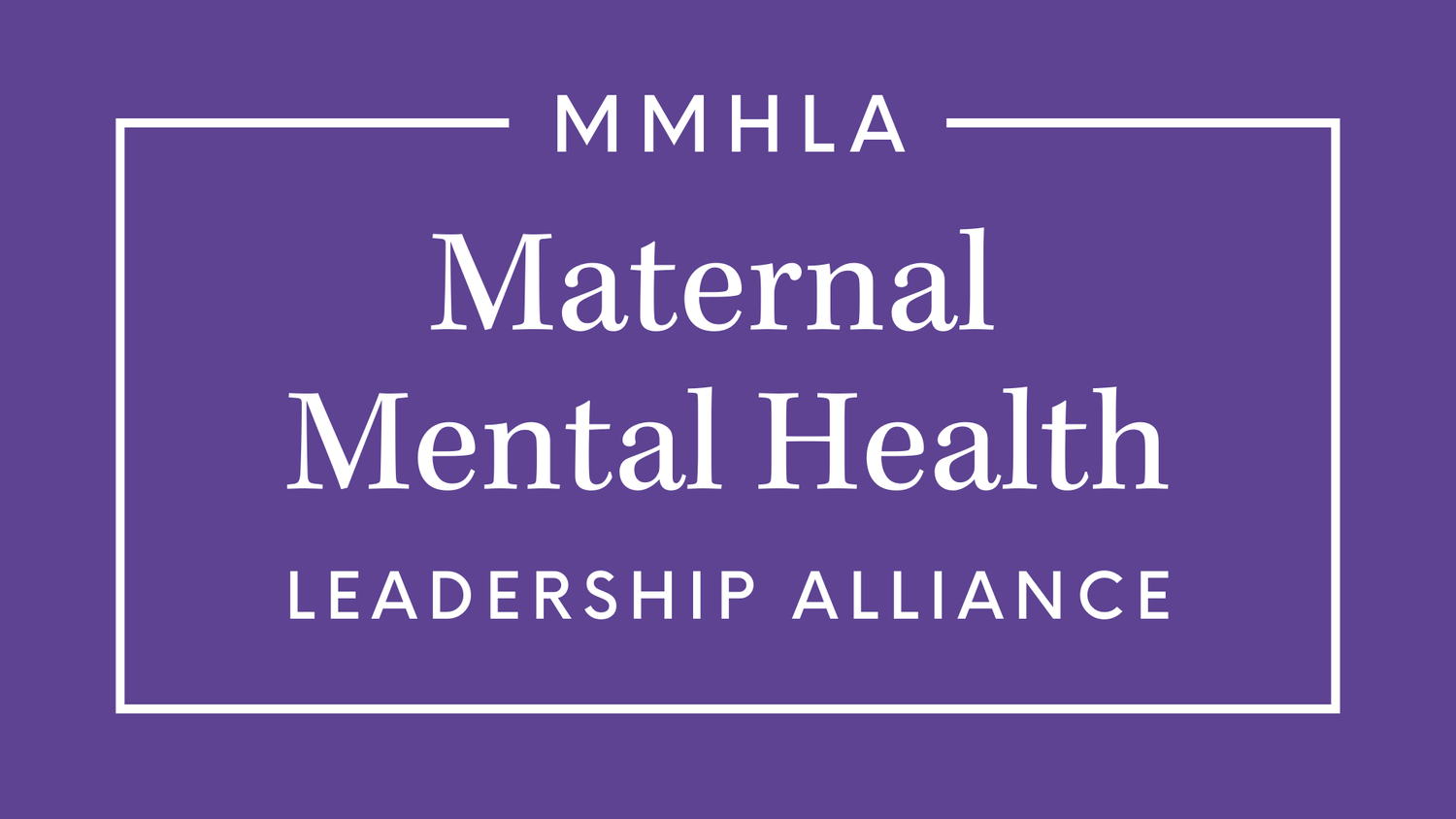“Once again, the mother’s well-being is sidelined.” MMHLA Executive Director Responds to FDA Panel on SSRIs and Pregnancy
The following is a statement from Adrienne Griffen, MPP, executive director of the Maternal Mental Health Leadership Alliance (MMHLA) following the July 21, 2025 FDA Expert Panel on Selective Serotonin Reuptake Inhibitors (SSRIs) in Pregnancy.
“As a maternal mental health advocate with over 20 years experience, and as a mother who took SSRIs to treat my postpartum depression and anxiety, I am disappointed and disheartened by the FDA’s Expert Panel on SSRIs During Pregnancy on July 21.
“The overall messages from the panel dismissed the impact of untreated maternal mental health conditions, which are the most common complication of pregnancy and a leading cause of maternal mortality, and placed the mental health and well-being of the mother as secondary to that of the infant. Rather than recognizing that the mental health of the mother is essential to the health of the baby, the discussion focused almost exclusively on the potential risk of SSRIs to the developing fetus and perpetuated the myth that SSRIs should be completely avoided during pregnancy and lactation.
“Scientific evidence has been clear about the use of SSRIs for pregnant and breastfeeding women. In 2023, The American College of Obstetricians and Gynecologists (ACOG) published official clinical guidelines recommending that selective serotonin reuptake inhibitors (SSRIs) be used as first-line pharmacotherapy for perinatal depression and anxiety.
“The American Psychiatric Association (APA) also published guidance in 2023 outlining that antidepressant medication should be considered as a primary treatment for pregnant or breastfeeding women with moderate or severe depression or anxiety, with SSRIs listed as the first class of antidepressants to consider.
“I want to underscore a few key messages for pregnant and postpartum parents, as well as the providers who care for them: maternal mental health conditions are often temporary and treatable; access to the full range of safe and effective treatment options is essential; and conversations between the provider and the patient about the risks of treatment as well as the risks of untreated maternal mental health conditions are key to informed decision-making. Taking care of a woman’s mental health while pregnant or breastfeeding is good for her and good for her baby.”
Statements from Professional Medical Organizations
ACOG Statement on the Benefit of Access to SSRIs During Pregnancy
JAMA Network: FDA Panel Casts SSRIs During Pregnancy as Risky—Many Experts Disagree
Media Articles
STAY IN TOUCH
